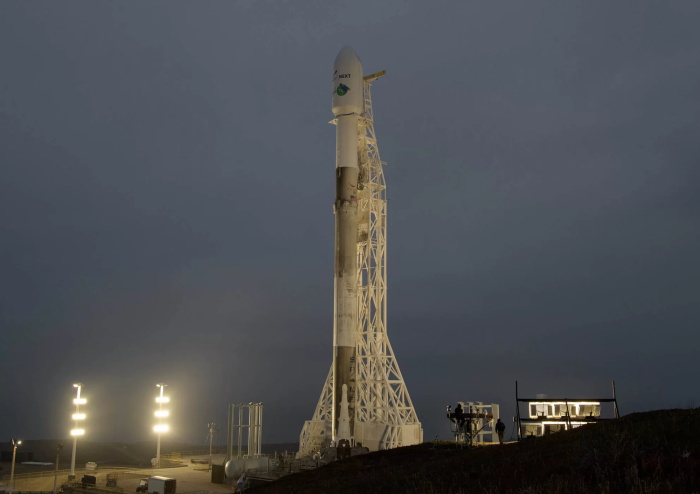There's room, and money, in space


I'm not a space person, you know.
Like, if you were to ask me what's the difference between a geostationary satellite and a geosynchronous satellite, and which of the two might yield higher returns on investment, I might either ignore you like a panda at a zoo would shrug off visitors or quickly consult a web search engine.
But I need to pull up my socks. For, space travel, which for years has been a privilege extended to only a few superfit pilots, is expected to become possible for even ordinary folk in the not-so-distant future.
Not that I fancy my chances of getting pitchforked into a geostationary orbit any time soon. But, as a business journalist whose beats are aviation and aerospace, I can't ignore space anymore, given private firms' determined forays into the field.
Make no mistake, space is on course to becoming a huge market on earth. The "space economy" now makes returns-minded investors drool.
Recent investments in the space sector have been made by renowned companies and space unicorns (that is, startups specializing in space that are valued at $1 billion or more).
For example, Google Inc and Fidelity International invested in US commercial space company SpaceX. Japan's Soft-Bank Group Corp invested in another US firm OneWeb. More investments came from smaller enterprises and private investors.
Last year, private investors invested $3.9 billion in commercial space companies, according to a report from investment firm Space Angels, and a record number of 120 venture capital firms made investments in space ventures last year, the report found.
All this would mean, if you are willing to part with $250,000 or up to $800,000 without batting an eyelid, you can buy yourself a space jaunt.
According to a recent report in Daily Mail of London, Bark (www.bark.com) of the United Kingdom, will help arrange space flights as well as in-flight accommodation and entertainment for travelers.
All that has to wait, however, until the first space hotel, Aurora Station, is built by 2021. The hotel can accommodate six guests, including four paid travelers and two crew members. They will stay in space for at least 14 days, according to a media report.
Those interested could register on Bark. When there is room available in the space hotel, the website will get in touch with registered users. By the way, the latter's number is expected to rise steadily, given the spike in online searches for information about the space trip.
Space travelers will be able to experience zero gravity, and savor for real the stunning images of earth as seen from space. In addition, they will witness 16 sunrises and sunsets on average every day!
Space travel and space-related investments could well be what the internet economy and artificial intelligence are today-the apple of the investor's eye, a potential gold mine, so to speak.
To be sure, costs are down, so entry barriers are lower, too, encouraging more and more companies to join the space fray in the hope of mining all that perceived gold.
I look forward to reporting on the emerging fascinating story. Just wondering if I should perch myself on a geostationary or geosynchronous satellite for that perfect overview.




































